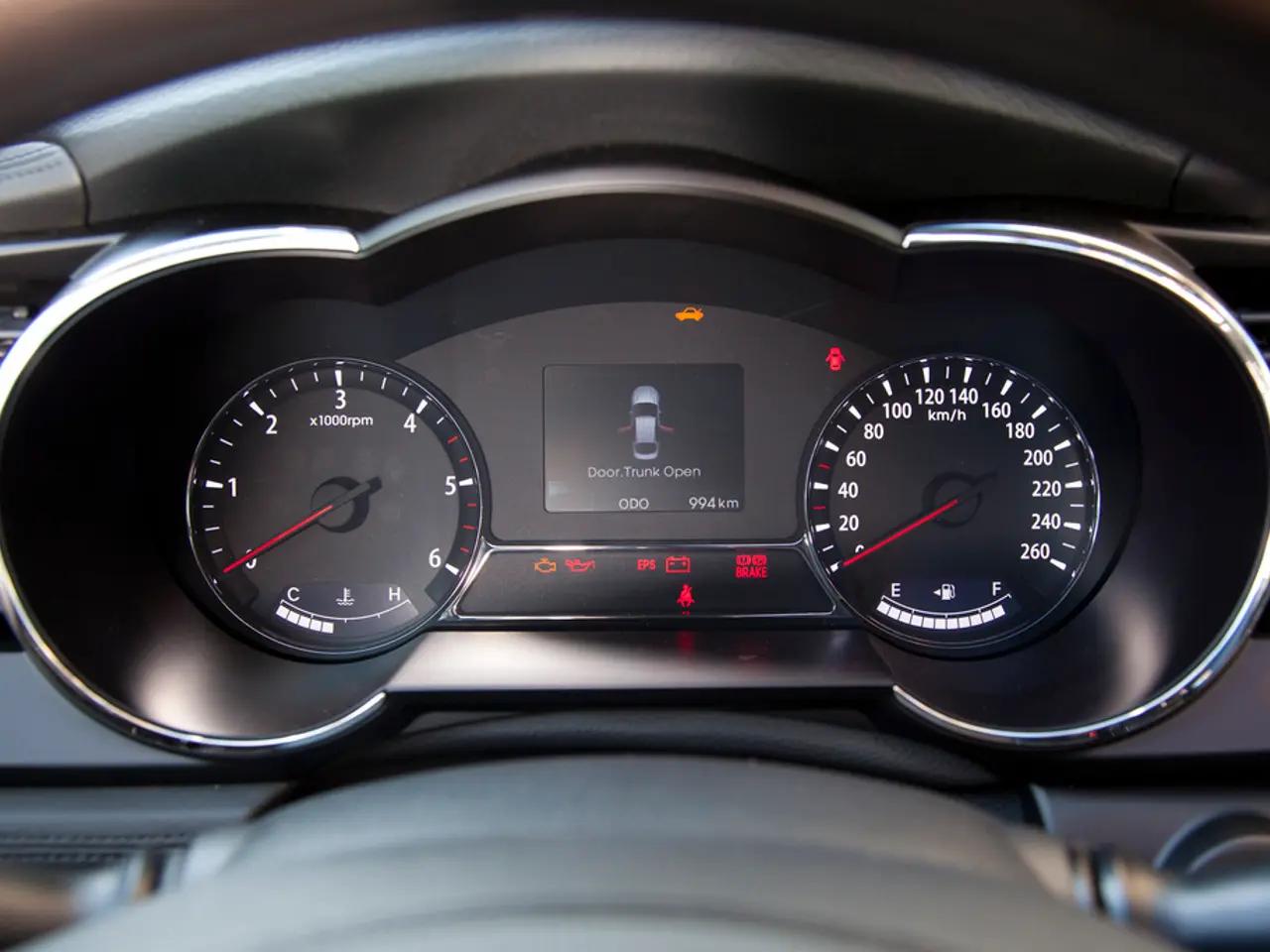Identifying Engine Cooling Issues in Heat: A Guide to Troubleshooting Overheating Engines in Summer
Preparing the Next Generation of Technicians: ATC Cambridge's Focus on Summer Car Overheating
In the sweltering heat of summer, cars can often face the challenge of overheating. ATC Cambridge, a leading automotive training centre, is equipping its students with the knowledge and skills necessary to tackle these issues head-on.
Modern vehicles' cooling systems are designed to regulate engine temperature under various conditions. However, high outdoor temperatures can stress radiators, coolant hoses, fans, and thermostats, leading to potential problems.
Students at ATC Cambridge practice pressure-testing radiators and hoses to check for leaks, confirm thermostat functionality through heat-up tests, and learn to use diagnostic tools like pressure testers, scan tools, and IR thermometers in cooling system troubleshooting.
The training emphasises the importance of customer communication about the importance of regular coolant flushes and preventive tips to reduce summer breakdowns. ATC Cambridge's automotive training prepares students for modern cooling systems that use electric water pumps, dual thermostats, and onboard diagnostics.
Part of the automotive training is learning to look deeper and verify the root cause beyond just customer complaints of a hot car or a spiking temperature gauge. Students are taught to recognise symptoms such as rising temperature gauges, steam from under the hood, and engine warning lights, which indicate potential overheating issues.
Common causes of car overheating during the summer, as typically covered in automotive mechanic training such as at ATC Cambridge, include problems with the vehicle’s cooling system, particularly related to the radiator and thermostat, low coolant levels due to leaks or excessive consumption, faulty coolant circulation caused by a failing water pump, and low engine oil levels from leaks or consumption.
In hot summer conditions, the engine and cooling system are under increased stress, making these issues more likely to lead to overheating. Specifically, key causes are cooling system faults like malfunctioning thermostats that fail to regulate engine temperature, clogged or leaking radiators reducing heat dissipation, or broken radiator fans that fail to cool the engine.
Low coolant or oil levels can also contribute to overheating. Coolant leaks or degradation reduce the system’s ability to absorb and transfer heat, while low oil can cause increased friction and heat generation within the engine.
A failing water pump prevents proper coolant circulation, causing localized overheating. Heat-related fluid degradation, where coolant loses effectiveness over time, especially under high heat, is another issue that needs routine maintenance such as coolant flushes to address.
ATC Cambridge's training equips students to handle both traditional and advanced cooling systems. In addition to learning how each cooling system component functions and what can go wrong, students are taught how to test and diagnose them in real-world scenarios. They are also taught to use scan tools to monitor live engine temperature data.
Overheating can lead to serious engine damage when any part of the cooling system falters. Proper diagnosis and maintenance are stressed to prevent more serious engine damage like blown head gaskets or warped cylinder heads due to overheating.
Symptoms of a failing cooling system include steam coming from the hood, temperature warning light on the dash, coolant leaks or low coolant levels, radiator fan not engaging, discoloured or contaminated coolant, and unusual engine smells like burnt coolant. Students are also taught how to flush and refill coolant safely and correctly.
By the time they graduate, students from ATC Cambridge are prepared to become the kind of technician modern shops are looking for, equipped with the knowledge to diagnose, maintain, and repair cooling system and engine faults that cause overheating in hot conditions common in summer.
[1] Automotive Training Centre [2] Car Care Council [3] AAA [4] Popular Mechanics [5] Consumer Reports
- The finance industry may offer loans or scholarships for students pursuing automotive training at facilities such as ATC Cambridge, as a well-trained technician can find employment in the transportation industry dealing with car-maintenance.
- During the summer, it's crucial for lifestyle choices to include regular car-maintenance checks, particularly focusing on the cooling system, to prevent overheating incidents and costly repairs.
- In line with the advice from the Car Care Council, AAA, Popular Mechanics, and Consumer Reports, automotive training programs like ATC Cambridge teach students about the importance of proactive maintenance, including regular coolant flushes and checks, to maximize the longevity of their cars and ensure safe transportation.




